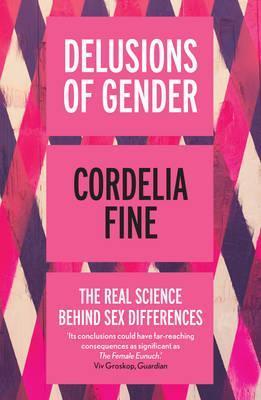Some researchers speculate that higher testosterone levels are associated with a drive to gain and maintain status, in both men and women. Robert Josephs and his colleagues have been exploring the idea that high-T (high-testosterone, relative to others of the same sex) men and women are cognitively at their best when they are in situations that fit their testosterone-based drive to attain and maintain high status. By contrast, low status, or a threat to status, creates a mismatch for the high-T individual that has detrimental cognitive effects. (The basic theory behind this idea is that while
Some researchers speculate that higher testosterone levels are associated with a drive to gain and maintain status, in both men and women. Robert Josephs and his colleagues have been exploring the idea that high-T (high-testosterone, relative to others of the same sex) men and women are cognitively at their best when they are in situations that fit their testosterone-based drive to attain and maintain high status. By contrast, low status, or a threat to status, creates a mismatch for the high-T individual that has detrimental cognitive effects. (The basic theory behind this idea is that while the cognitive, emotional, and physiological reactions of the high-T person to a loss of status may be unproblematic when status can be restored by way of a fistfight, they are less helpful when status must be gained through a clever move of the bishop on the chessboard, a brilliant closing argument in court, or a publication in Nature.) In line with this idea, Josephs and his team found that high-T men and women, when put in a low-status position in the lab, underperformed on cognitive tests like the analytic and quantitative portions of the GRE and mental rotation.36 By contrast, high testosterone works to their advantage when the situation yields an opportunity to enhance status. Josephs and colleagues found that high- and low-T men given a maths test described as identifying weak maths ability performed equivalently. But when the same test supposedly identified exceptional talent, ...
...more
This highlight has been truncated due to consecutive passage length restrictions.
The problem with this book, and others like it, is that it descends into endless recitations of psychological and neuroscientific studies. I have no problem with studies - we need data. But it can be exhausting to read one study after another demonstrating this or that effect. Given the subject, I think it may have been more interesting if Fine had widened her scope a little to talk to the scientists and people affected. I realise that takes quite a lot of time (and thus money) which is hard to come by, though.


